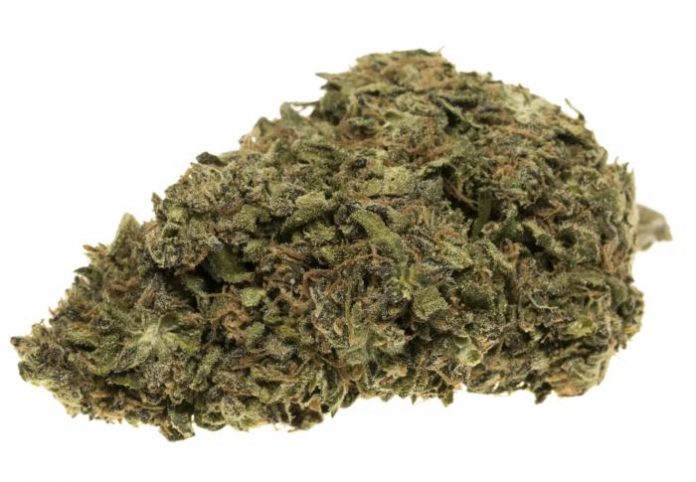Yet another study indicates patients with legal access to medicinal cannabis are ditching or decreasing their scheduled prescription medication in favour of it.
University of New Mexico researchers collaborating with Industrial Rehabilitation Clinics of Albuquerque tracked the progress of a group of patients who enrolled in the New Mexico’s state medical cannabis program. It found 71% of the patients they monitored cut down or ceased use of their use of scheduled prescriptions.
The researchers say the study was the first of its type to examine individuals throughout their enrollment in such a program and compare them to a group of similar patients who did not enrol.
“The findings of this study indicate that once a patient enrolls in the medical cannabis program there is an increased likelihood that the patient will decrease their usage of scheduled medications,” says a release concerning the study report, which will soon be published in the Journal of the American Medical Directors Association under the title “Effects of Legal Access to Cannabis on Scheduled II-V Drug Prescriptions.”
New Mexico’s medical cannabis program allows registered patients to possess up to 6 ounces of plant material over a 3 month period. The state also has a personal production program, enabling authorised patients to grow up to 16 cannabis plants; however only 4 of the cannabis plants can be mature flowering plants.
The University of New Mexico report isn’t the first of its nature indicating the important role that cannabis medicines may play in helping to address issues associated with some prescription medicines; particularly opioid abuse and dependence.
Earlier this month, we reported another recent survey indicated a significant percentage of medical cannabis patients were ditching conventional medicines in favour of products containing cannabidiol (CBD).
In May, researchers reported on patients using cannabis as a substitute for prescription drugs; most commonly narcotics/opioids, anxiolytics/benzodiazepines and antidepressants.
In April, a Canadian study found 40% of patients prescribed medical cannabis to treat pain and anxiety ceased the use of benzodiazepines within 90 days; and in March, positive findings were reported in relation to pain patients in another study.
With all this evidence mounting, it’s encouraging there are also indications it is starting to be taken seriously at a U.S. Federal Government level, which is struggling to find solutions to the opioid crisis. We also recently reported the National Institutes of Health (NIH) has awarded a USD $3.8 million grant to support the first long-term study investigating if medical marijuana reduces opioid use among adults with chronic pain.
The NIH is a part of the U.S. Department of Health and Human Services and is the nation’s medical research agency.


